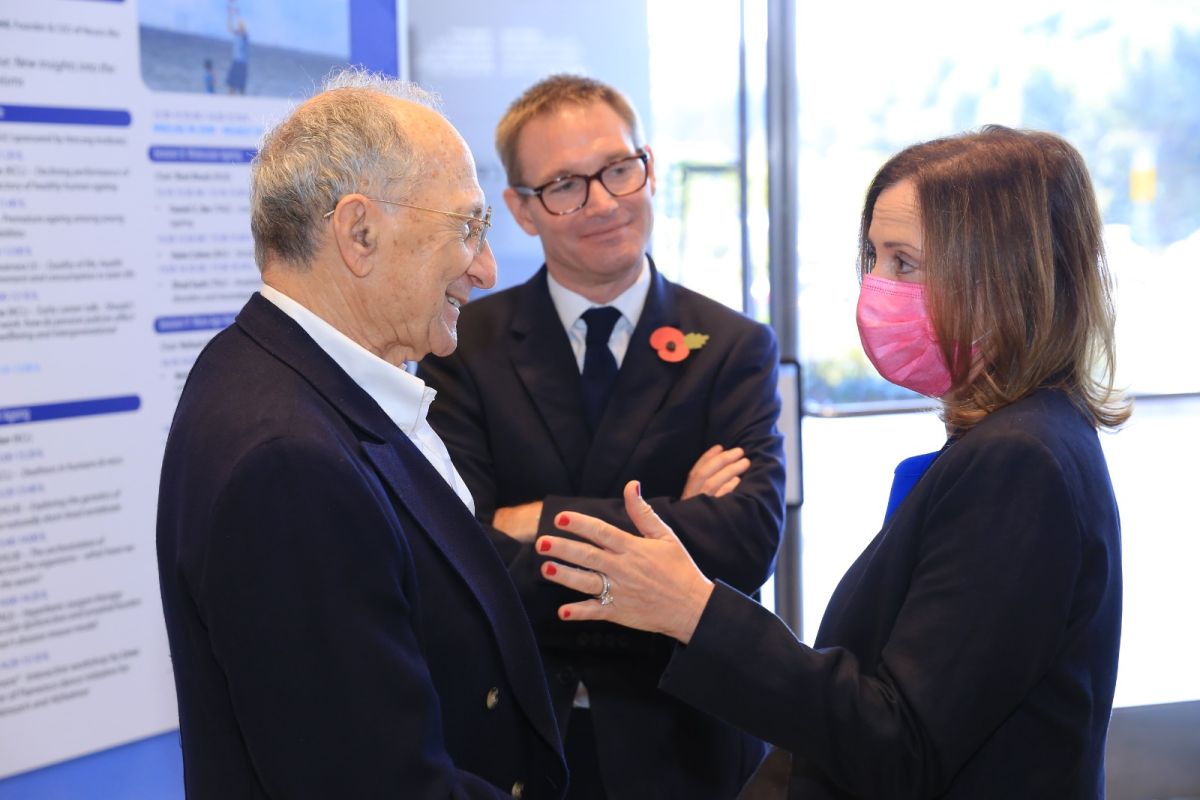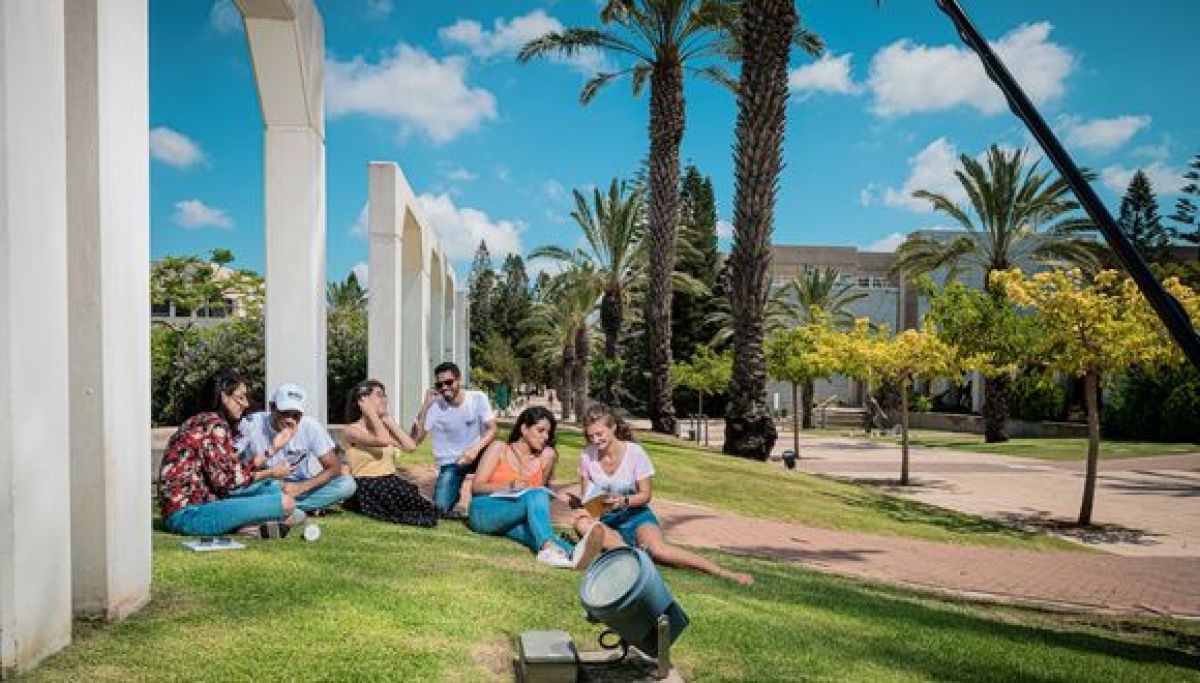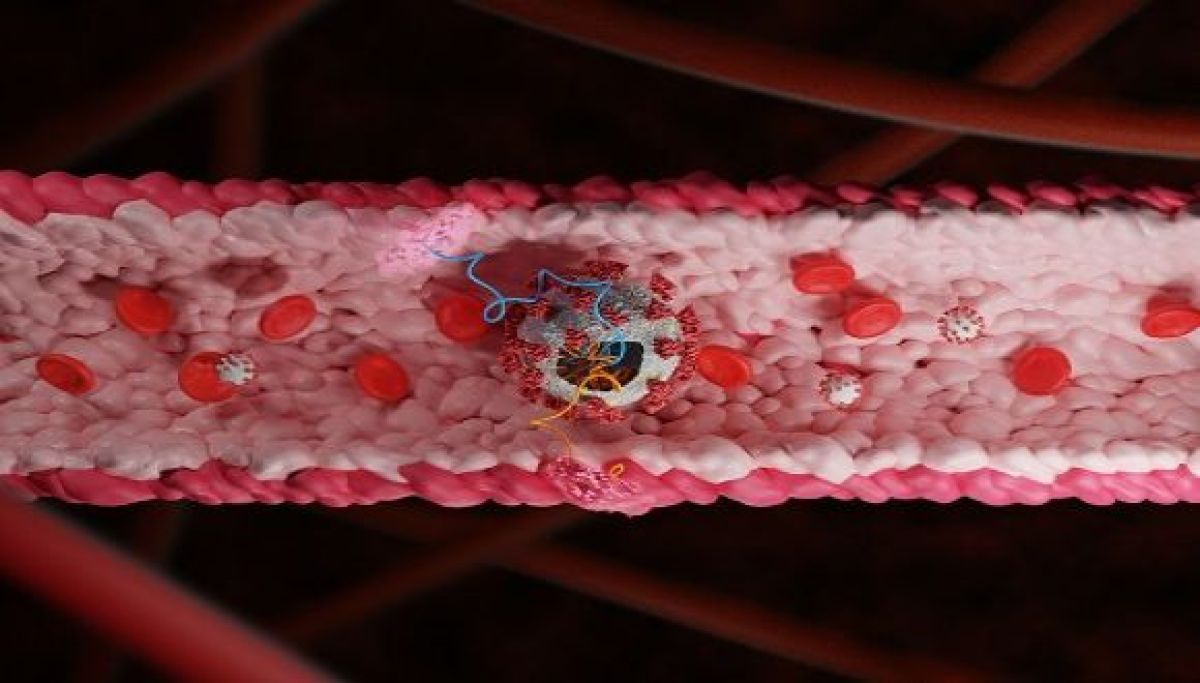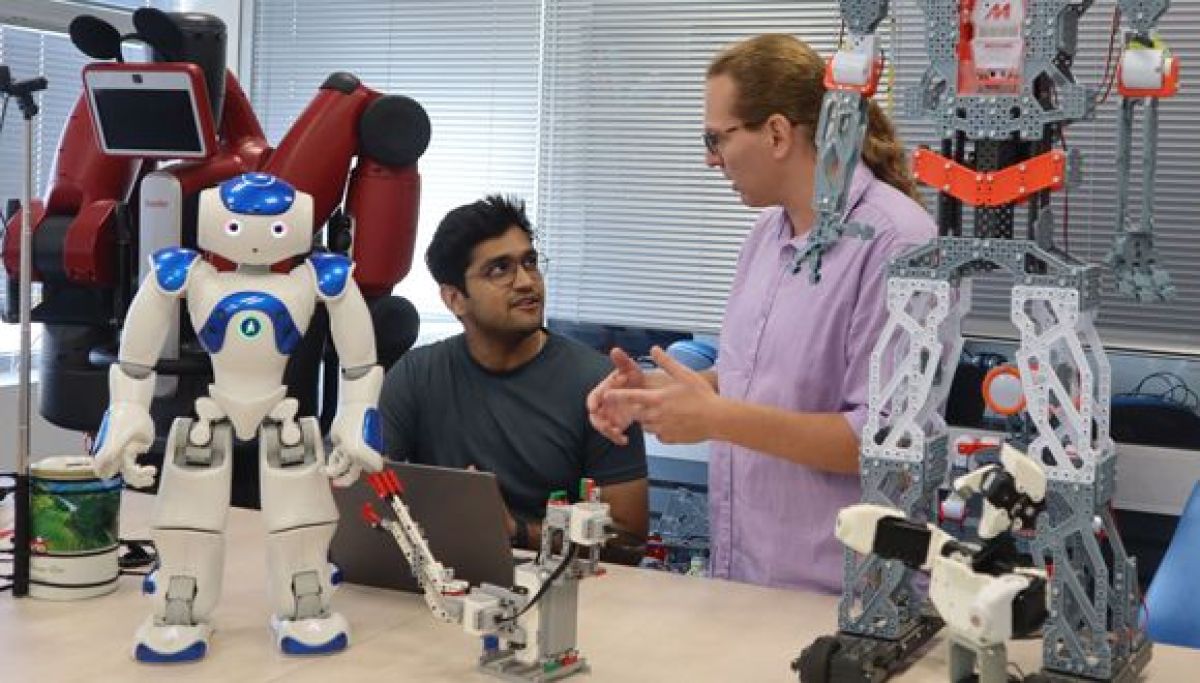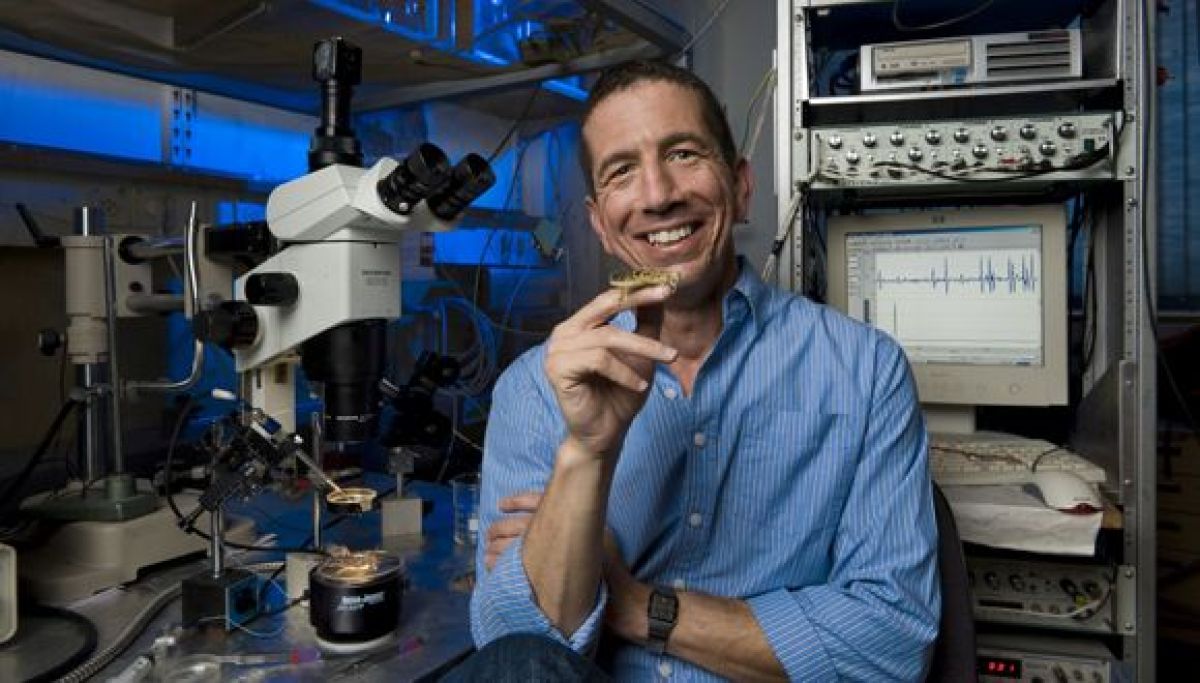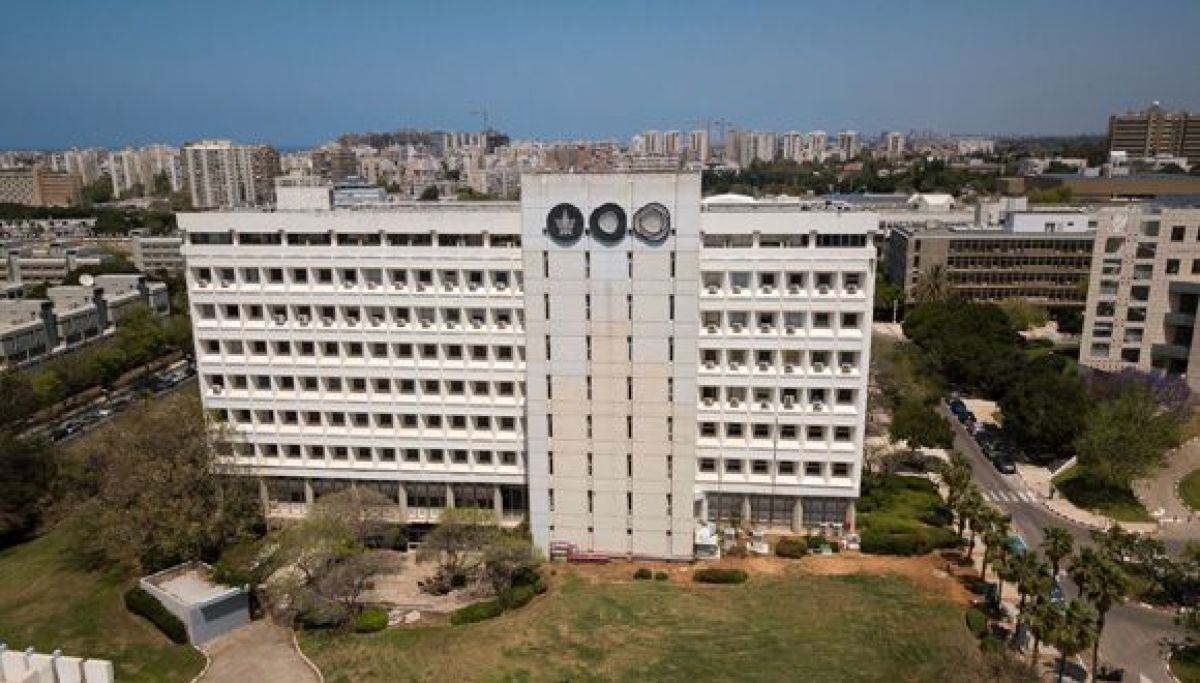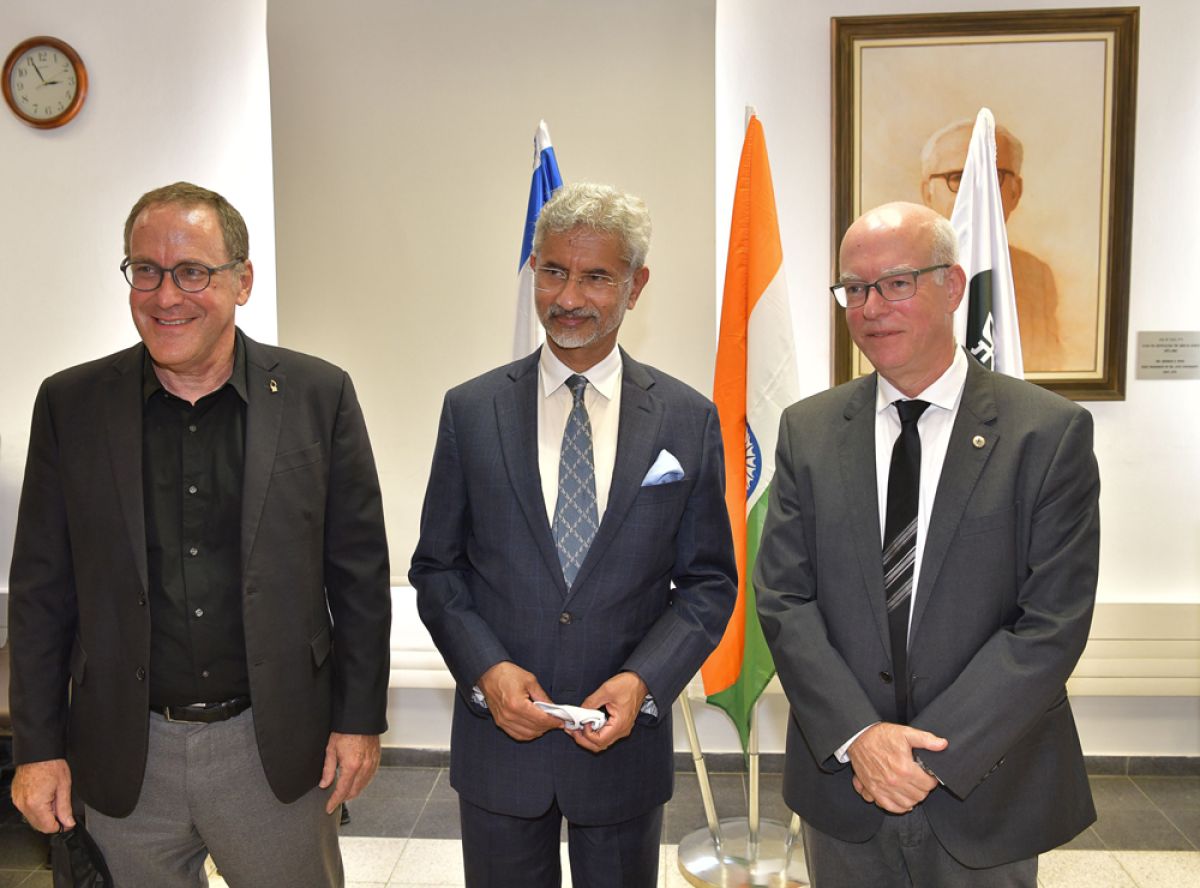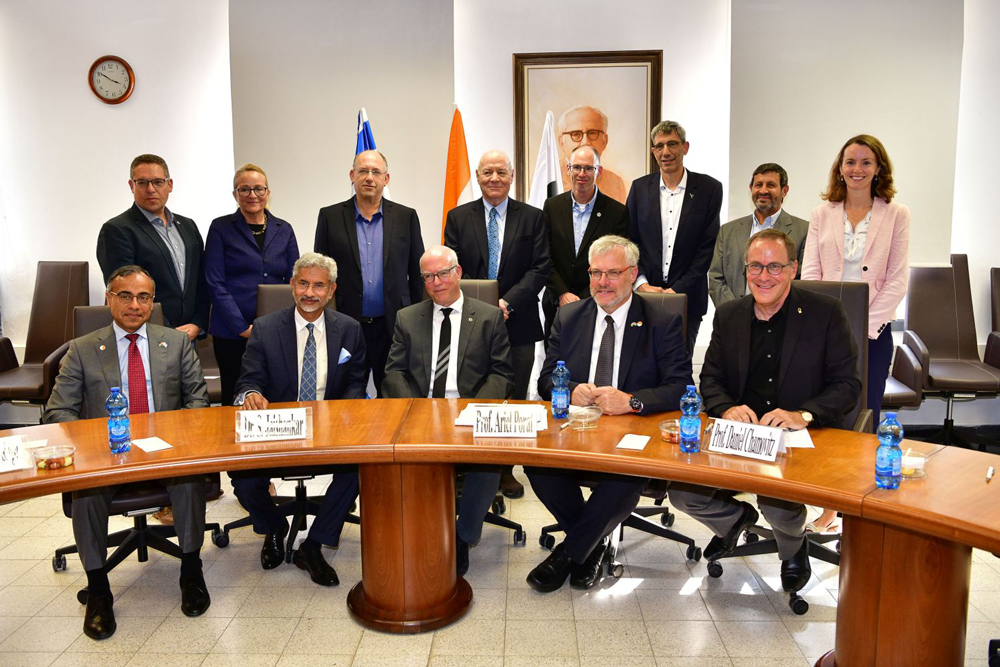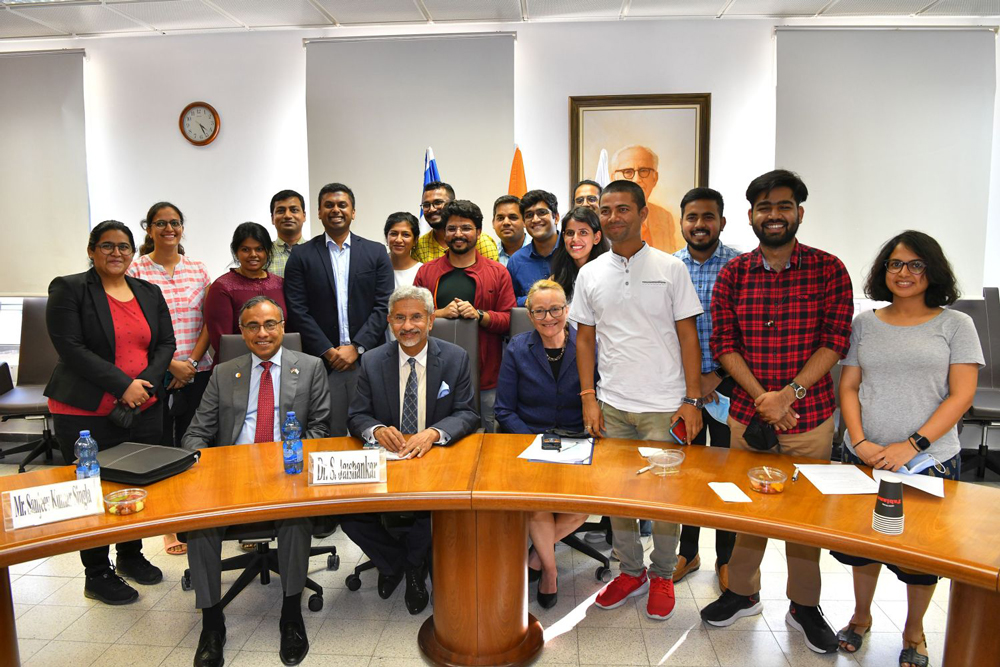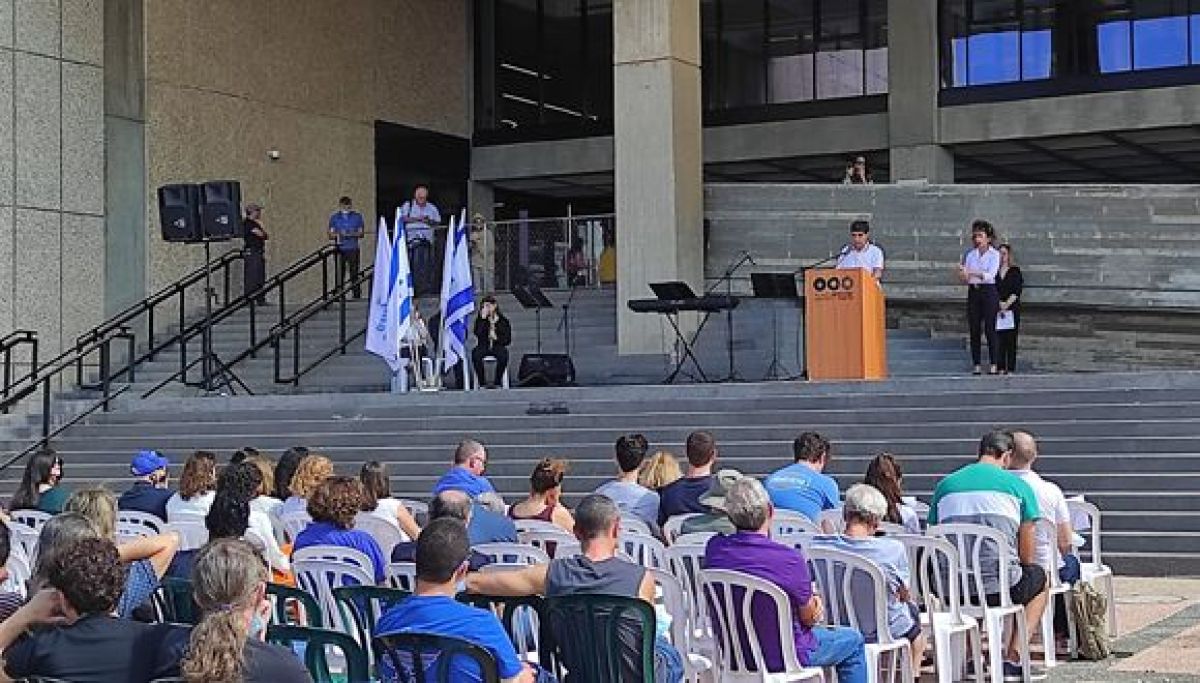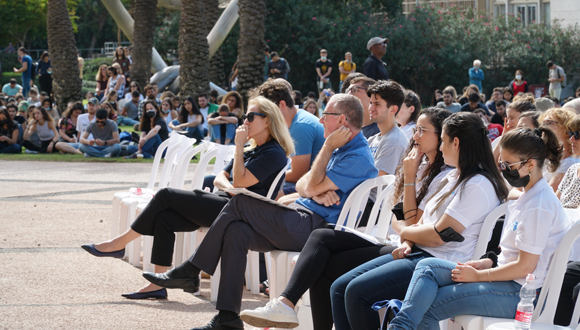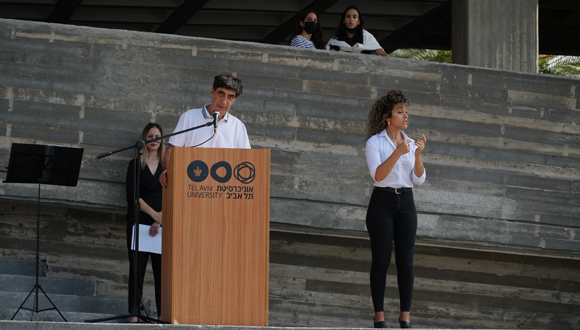Britain and Israel Team Up on Challenge of Healthy Ageing
British-Israeli research partnership contributes £1.6 Million to research collaboration.
A new collaboration between Israel and the UK aims to promote joint research projects related to ageing. As part of this collaboration, Tel Aviv University recently held a hybrid conference on the multidisciplinary aspects of ageing research. Furthermore, a new £1.6 million (₪7 million) grant program was launched for funding collaborations between Israeli and British researchers in the field of ageing research and the call for proposals is now open.
Israel and the UK are sharing knowledge in many fields, and according to Prof. Karen Avraham, Vice Dean for Pre-Clinical Affairs of the Sackler Faculty of Medicine and the Chair of the conference from TAU, gerontology is one of the most important among them. The conference is the harbinger of collaboration between Israel and other progressive western countries around these topics, and Prof. Avraham believes we will see more such conferences in the future.
Quality of Life in Old Age
The conference, which dealt with the multidisciplinary aspects of ageing research, among them: molecular ageing, social ageing, age-dependent diseases and interventions and life quality, constitutes a fruitful joint initiative of the Britain-Israel Research and Academic Exchange (BIRAX) partnership, Tel Aviv University, the British Council in Israel and the UK Embassy. It is the 5th BIRAX conference since its launch 10 years ago.
“I am happy and excited for the unique opportunity given to us, leading researchers from Israel and the UK, to share our knowledge arm in arm. The pandemic has made it clear how old age can be precarious and forlorn, and I hope that gerontological and geriatric topics will gain more public awareness. In a world in which our lifespan is getting longer and longer, we shall make sure that life quality will be conserved also in old age, and we are here to discuss that,” said Prof. Karen Avraham. Prof. Avraham has, among else, developed an innovative treatment for deafness, a novel therapy that could lead to a breakthrough in treating children born with various mutations that eventually cause deafness.
One of the World’s Great Challenges
Among the participants of the conference were the British Ambassador to Israel, Mr. Neil Wigan OBE, Chairman of the British Council, Mrs. Stevie Spring CBE, and Lord Robert Winston of Hammersmith, along with leading researchers from Israeli and British universities.
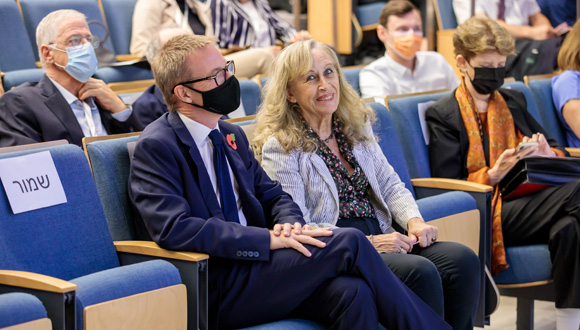
Ambassador Neil Wigen and TAU’s Dr. Mira Marcus-Kalish
Ambassador Neil Wigan, said: “Scientific collaboration between the UK and Israel is one of our most important fields, and we are working to expand it dramatically in the future. It’s always exciting to see the groundbreaking research proposals coming out of BIRAX – in ageing research and other academic areas – that have real potential to impact the future of us all”.
“Over the decade of its existence, BIRAX has promoted UK-Israel scientific collaboration allowing both countries to complement each other’s strengths in research, science and medicine. The British Council is proud to be enabling both countries to join forces on one of the world’s great challenges – healthy ageing,” added Stevie Spring CBE.
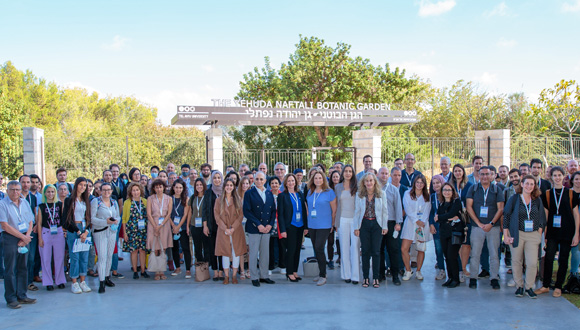
Conference participants
Featured image: Photo (from left to right): TAU Governor and benefactor Mr. Sami Sagol, British Ambassador to Israel, Mr. Neil Wigan and Prof. Karen Avraham at the conference.

